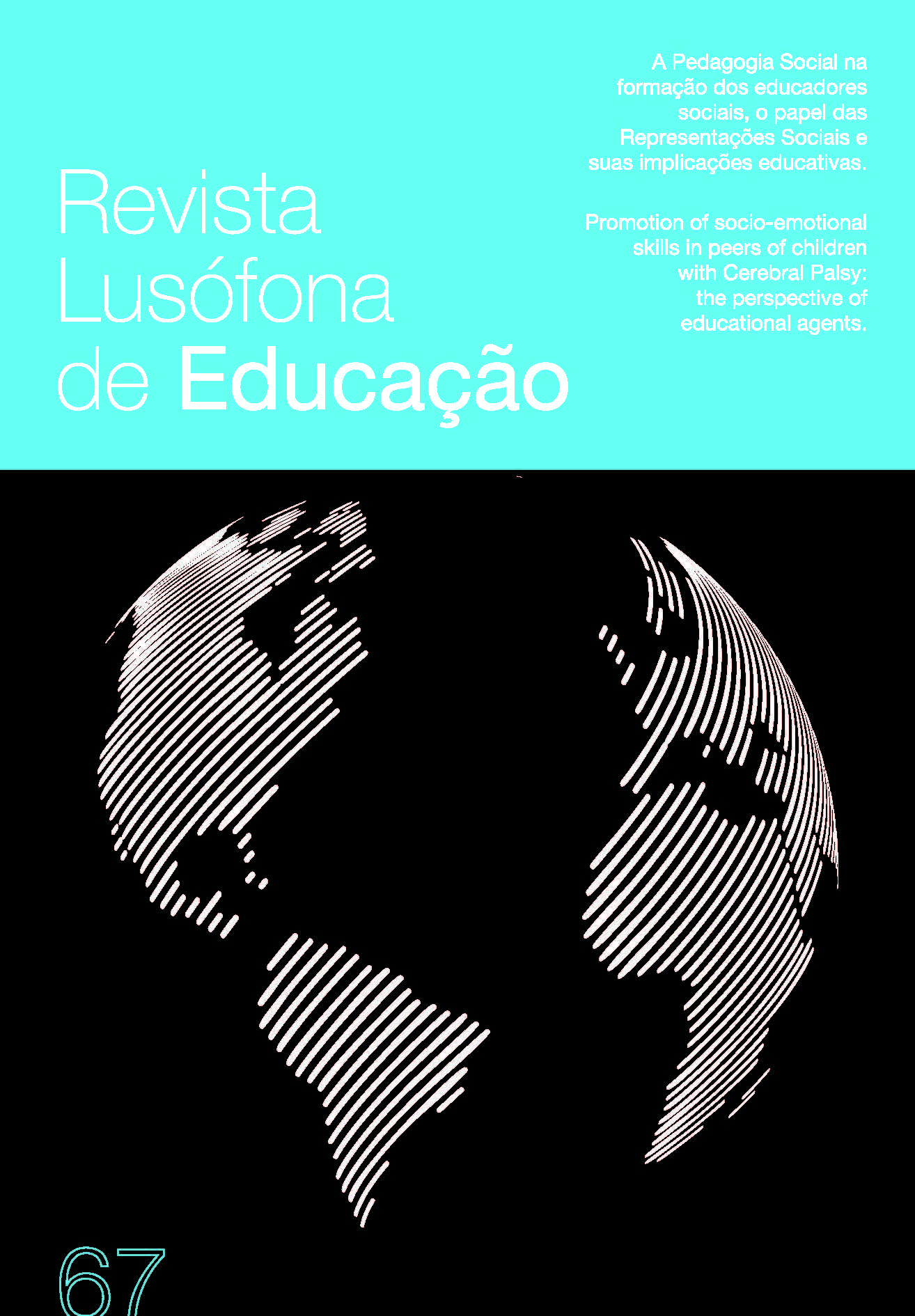Can Physical Education contribute to Emotional Development? An action-research study with preschool children
Abstract
School plays an increasingly central role in children's development, reinforced by Physical Education, which involves the body as the main working tool, where there is continuous communication between the brain and the body, highlighting the symbiosis established between emotional, cognitive, and motor development. This study proposes a didactic approach through Physical Education, linking play and emotions, investigating the contribution of this field to children's emotional development. The adopted methodology is qualitative in nature, with characteristics of action research (practical intervention in a real context), and was carried out at a public preschool institution located on the outskirts of Viseu. involving children between three and six years of age. It consisted of interventions focused on promoting and developing emotional skills through games. Subsequently, semi-structured interviews were conducted with the respective preschool educators. Through interaction with their group of friends, children developed the ability to control and express their emotions. The educators attributed significant importance to children's emotional development, mentioning that it is the foundation of learning and that they continuously and transversally explore emotions, integrating them into all content areas. They recognized Physical Education’s relevance for children's emotional development through play. They emphasized that outdoor play helps children strengthen emotional bonds with each other, promoting a healthy and collaborative learning environment.
Keywords: Children; Emotional Development; Preschool Education; Physical Education.
Downloads
Copyright (c) 2025 Revista Lusófona de Educação

This work is licensed under a Creative Commons Attribution 4.0 International License.
-
Authors retain copyright of their work, without any payment, and grant the journal the right of first publication. The work is simultaneously licensed under a Creative Commons Attribution 4.0 International License (CC BY 4.0), which allows others to share (copy and redistribute the material in any medium or format) and adapt (remix, transform, and build upon the material for any purpose, even commercially), provided that proper credit is given to the author(s) and the initial publication in RLE is acknowledged.
-
Authors are permitted to enter into separate, additional contractual arrangements for the non-exclusive distribution of the version of the work published in this journal (e.g., depositing it in an institutional repository or publishing it as a book chapter), provided that authorship and initial publication in RLE are acknowledged.
-
Authors are allowed and encouraged to post and disseminate their work online (e.g., in institutional repositories or on their personal websites), as this can increase the visibility and citation of the published work (see The Open Access Effect).








